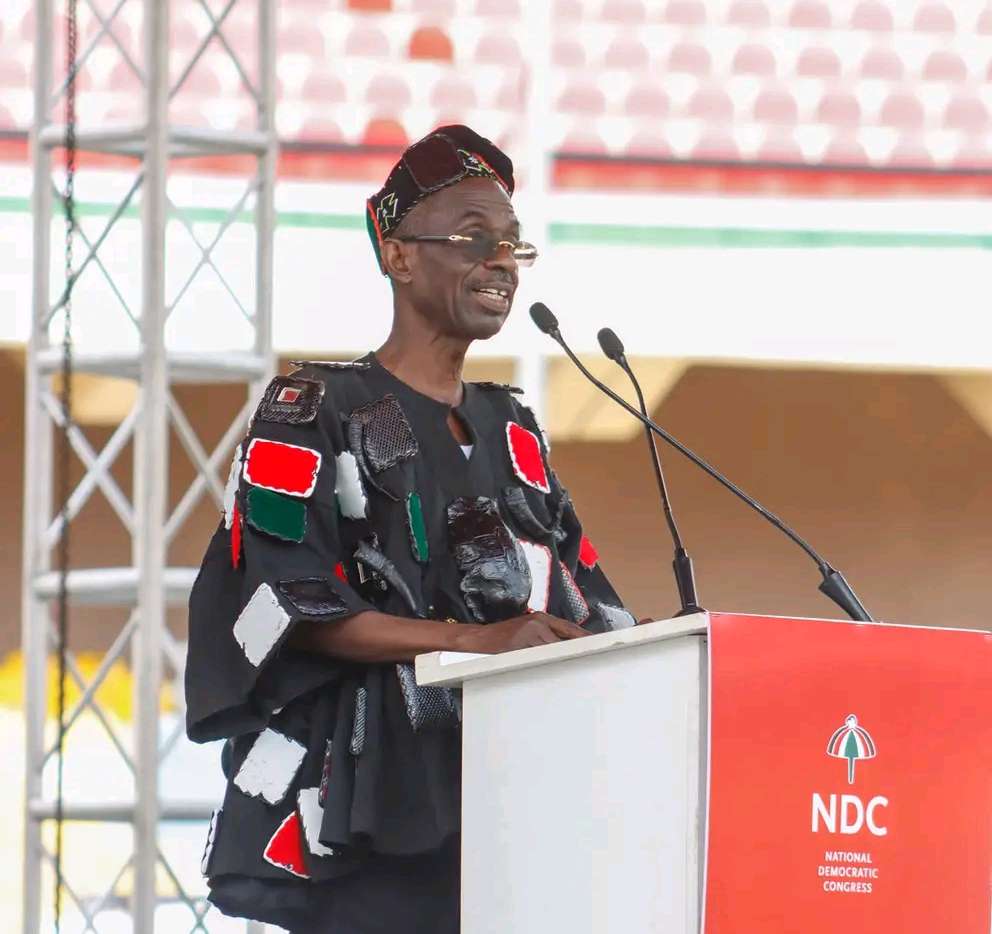In an electoral context, the term “collation” refers to the process of gathering and combining results from various polling stations or constituencies to determine the overall outcome of an election. This process is crucial in ensuring the accuracy and integrity of election results.
Political parties and electoral commissions often have their own systems in place for collating and verifying election results. These systems typically involve trained personnel, strict protocols, and mechanisms to prevent errors or fraud.
The specifics of each collation system can vary depending on the country, electoral laws, and the organization responsible for conducting the elections.
With the two main political parties increasingly relying on their own collation of results, the last two by-elections have seen them display their capacity and capability in the area.
In Kumawu, last month, the New Patriotic Party (NPP) collated and declared their result before the Electoral Commission (EC) did the formal declaration.
Assin North saw both parties setting up collation centers but it was the National Democratic Congress (NDC) which rolled out figures progressively from its center as polling station results came in.
The NDC figures:
The NDC, barely three hours after the close of polls, were projecting a win for candidate Jame Gyakye Quayson.
The NDC said the MP-elect had polled 17,205 votes representing 57.4% of valid votes cast.
His main contender Charles Opoku of the NPP got 11,389 votes representing 42% of valid votes cast, per their tallies.
A third candidate of the Liberal Party of Ghana got 85 (0.28%) of the votes.
EC makes formal declaration:
Gyakye Quayson was announced the winner after the Electoral Commission of Ghana officially declared him as the Member of Parliament-elect.
According to the Electoral Commission’s announcement, James Gyakye Quayson garnered a total of 17,245 votes, representing 57.56% of the total votes cast.
His closest contender, Charles Opoku of the New Patriotic Party (NPP), received 12,630 votes, accounting for 42.15% of the votes.
Bernice Enyonam Sefenu of the Liberal Party Ghana (LPG) secured 87 votes, which represented 0.29% of the overall tally.
Going by the figures from both outfits, it is clear that the NDC’s collation was watertight and that the system put in place was robust enough to deliver polling station outcomes in a timeous manner.
Analysts, however, warn that this is for one constituency but the parties will now have to focus on rolling out a system to collate two levels of results come 2024 – the national presidential vote and 275 parliamentary results.
About the Assin North by-election:
The by-election in Assin North was held to fill the parliamentary seat left vacant following a legal battle that questioned Quayson’s eligibility to hold office due to dual citizenship concerns.









































